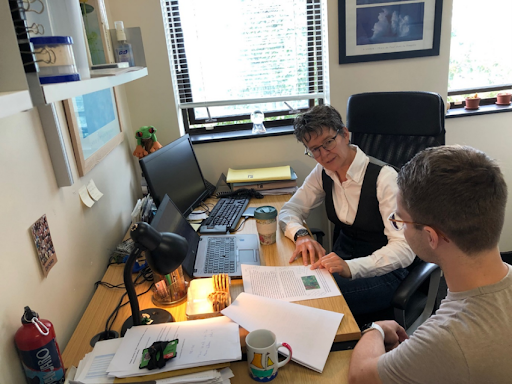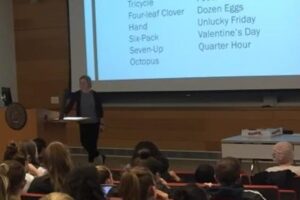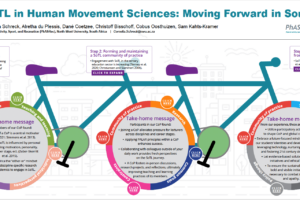
Dialogic Feed-Forward in Assessment: Pivotal to Learning but not Unproblematic
By Jennifer Hill and Harry West
It is fair to say that the pedagogic inquiry leading to our paper in TLI has been eye-opening and transformative for our educational practice. Our initial aim was to improve the performance of students on a second-year undergraduate geography module in the UK, where they were struggling year on year to write high quality essays. The average module mark was lower than for others in the year and this was flagged as problematic. Our intent was to implement dialogic feed-forward to optimally support the students to use feedback, leading to improved grades. But what emerged from our research was the discovery of a much more powerful and holistic assessment approach than we had anticipated—one that caused us to consciously acknowledge our students as whole people, with emotional as well as intellectual needs. In our interviews with students, they did not privilege talking about gaining direction with their assignments after speaking with their teacher and hence securing higher grades. Rather, they talked about feeling cared for, of building relationships with the teacher, and being more emotionally prepared and confident to work independently and successfully in the future. We had uncovered an area of assessment that is currently less talked about in the literature, but which is clearly highly relevant for our students—how assessment and feedback influences them emotionally, and how teachers can work to dissipate student anxiety, enable productive learning attitudes and behaviours, and ultimately support their wellbeing. Based on our findings, we urge you to adopt courageous and compassionate pedagogies, acknowledging and undertaking assessment and feedback as acts of care, supporting more of your students to reach their academic potential.
Read the TLI article here.




